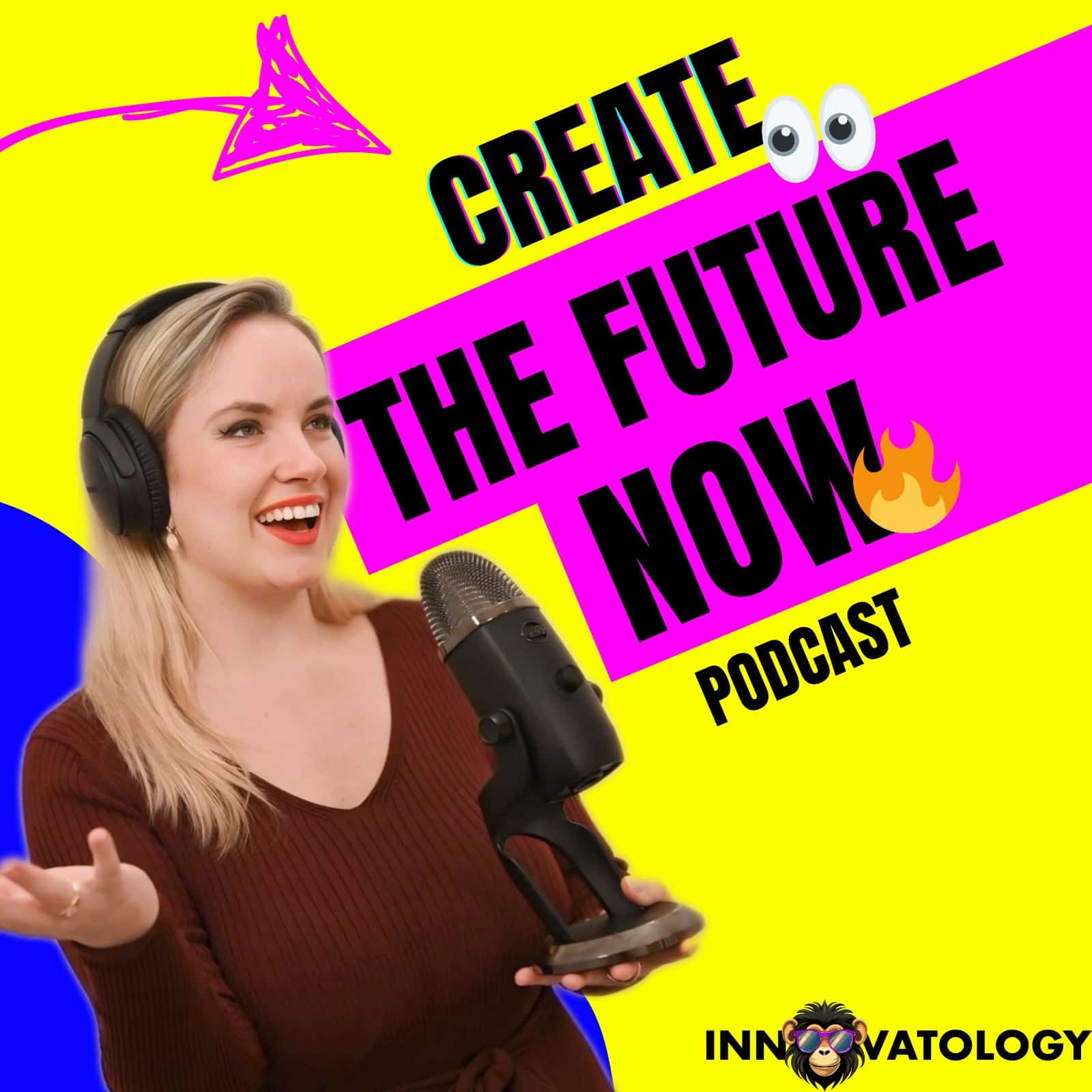In this episode, we welcome Olivier Onghena, a visionary entrepreneur and advisor with over 25 years of experience across industries and regions. Olivier introduces his transformative ‘Houses of Noble Purpose’ methodology, which aligns sustainable strategy and organizational culture with a higher purpose to drive engagement and performance. Together, we dive into how purpose-driven leadership can reshape organizations for lasting impact. Hosted by Innovatology, this conversation will equip business leaders and change-makers with actionable insights on fostering purpose-driven innovation.
Transcript;
00:00:02
Why do we live? What is the meaning that we give to our lives? And why do we do what we do? Most of the time, we don’t really ask ourselves these essential questions until really life confronts us with ourselves, either in a gentle or a rough way, through defeat, failure, losses, accidents, that we really start thinking about the meaning that we give to our lives. So welcome to our Create a Future Now podcast by Innovatology. Innovatology is your one-stop shop for innovation and technology, where we explore complex topics and bring it into a simple way to a broader audience. Now, and I’m here today with Marie and I’m myself, Cedric. We’re behind Innovatology. And the reason why we selected the topic of noble purpose to discuss today is actually because inspiration and noble purpose are actually critical drivers for all kinds of evolution, progress, and success of any individual, collective, or organization.
00:01:09
Because without this, there can be no creation, no innovation, and definitely no entrepreneurship. So I’m very happy to welcome Olivier Onghena as our guest of the day, who I met through the Young Leaders and Inspiring Mentors platform, but I let him introduce himself a bit more in detail. So Olivier, floor is yours. Thank you, Cedric, and thank you, Marie. Thank you for inviting me. Thank you for those who are listening or watching. There are so many things that can be said about who I am, but the short version is that I like to consider myself as an entrepreneur who is driven by noble purpose and this notion of why we do things and why do entrepreneurs do what they do? Why do people join projects? Why do politicians do what they do?






